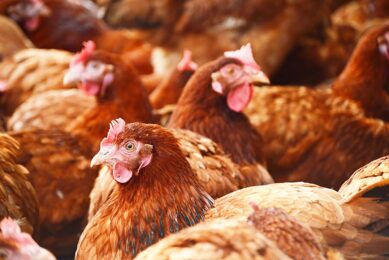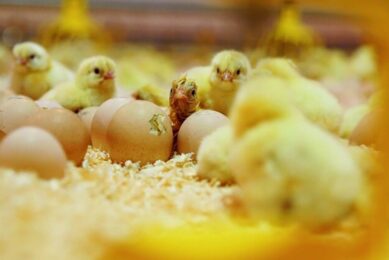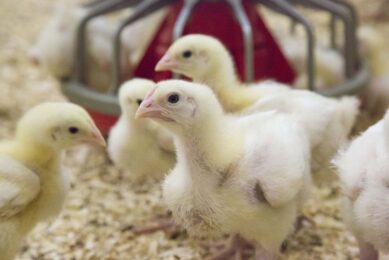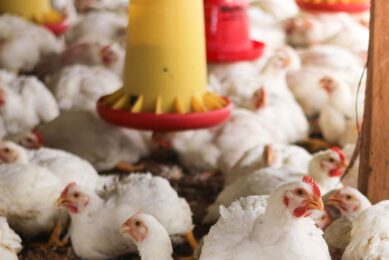Canada suspends roxarsone sales for chicken feed
Canada has suspended sales of two drugs routinely fed to chickens after tests showed the birds contained small amounts of inorganic arsenic, a carcinogen.
Although there are no immediate risks to public health, consumer advocates say the findings provide evidence that many of the drugs given to animals could be unsafe and that more action is needed to protect the public – particularly since similar drugs remain on the market.
The drugs, 3-Nitro-20 and Super Nitro-12, commonly known as roxarsone, have been added to animal feed for years in order to combat parasites, as well as improve efficiency. The drugs are sold by Alpharma Canada, a subsidiary of Pfizer, and Dominion Veterinary Laboratories.
The drugs contain organic arsenic, which is much less toxic than inorganic arsenic. As a result, it was believed animals given the drug would pose no danger to humans. But mounting evidence in recent years suggests organic arsenic can change into inorganic arsenic, raising fears it could remain in the tissue and cause potential harm to humans.
Technical limitations meant researchers couldn’t measure the inorganic arsenic present in chicken muscle. But they measured the total presence of arsenic in the muscle and found it was lower than the total arsenic detected in the chicken livers.
The FDA noted that other arsenic-containing drugs are approved for use in animal feed, but they believe only one, nitarsone, is currently being marketed.
“This is a precautionary measure to remove any avoidable exposure to very low levels of inorganic arsenic in chickens treated with roxarsone,” Health Canada said in an advisory about the decision to suspend sales of the drugs.
Sales of roxarsone in the US were suspended earlier this summer. In Canada, the suspension took effect Aug. 8.
Join 31,000+ subscribers
Subscribe to our newsletter to stay updated about all the need-to-know content in the poultry sector, three times a week. Beheer
Beheer








 WP Admin
WP Admin  Bewerk bericht
Bewerk bericht